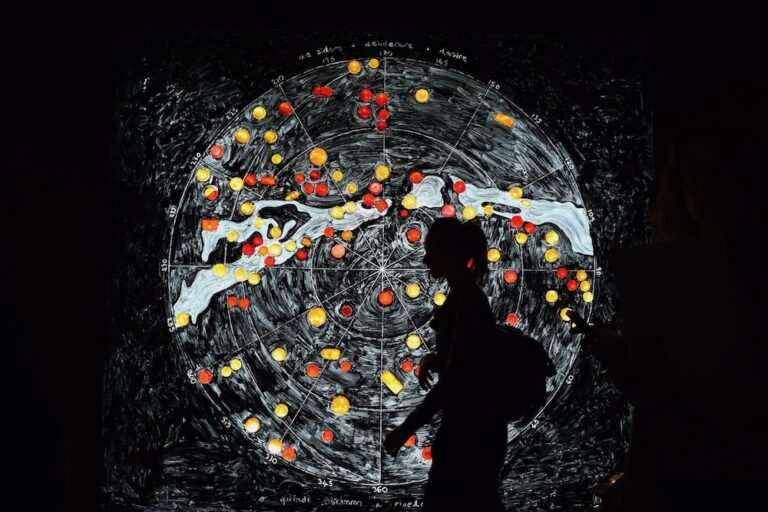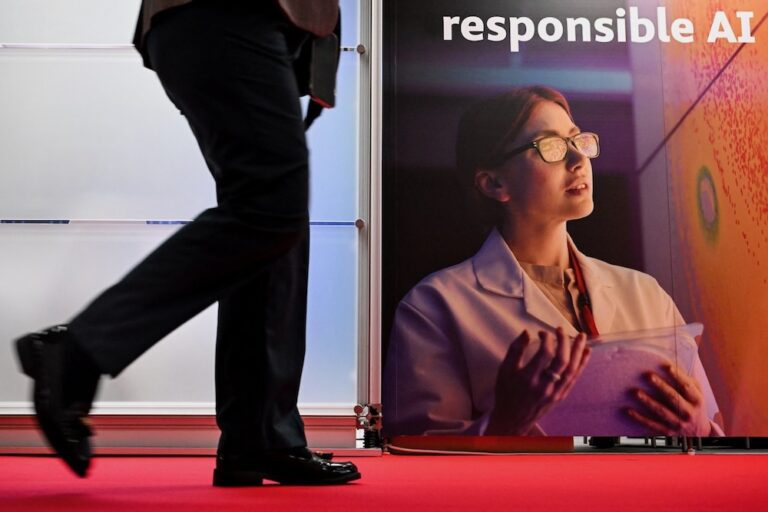(MEAA/IFEX) – The following is a 24 August 2006 MEAA media release: CONTEMPT CASE AT ODDS WITH PLANNED LEGISLATION TO PROTECT JOURNALISTS’ CONFIDENTIAL SOURCES The Alliance says that all governments should move quickly to implement their commitment to provide some qualified privilege for journalists. This comes after a Victorian Supreme Court decision to pursue contempt […]
(MEAA/IFEX) – The following is a 24 August 2006 MEAA media release:
CONTEMPT CASE AT ODDS WITH PLANNED LEGISLATION TO PROTECT JOURNALISTS’ CONFIDENTIAL SOURCES
The Alliance says that all governments should move quickly to implement their commitment to provide some qualified privilege for journalists. This comes after a Victorian Supreme Court decision to pursue contempt charges against Canberra-based Herald Sun journalists Michael Harvey and Gerard McManus.
As the Alliance reported in its annual investigation into attacks on press freedom in Australia, The Media Muzzled, McManus and Harvey face contempt charges and a possible jail term for refusing to reveal the key source of an article that revealed plans to reject a $500 million boost to war veterans’ pensions. Following publication of the story, a senior public servant was charged and later found guilty of leaking the document.
The journalists have refused to answer any questions relating to the identity of their source during the public servant’s preliminary hearing before Judge Michael Rozenes in the County Court in Melbourne. Charges against the two were subsequently referred to the Supreme Court for a judicial review.
Yesterday, Supreme Court Justice Elizabeth Hollingworth upheld the original decision and noted that the Alliance Code of Ethics has “no legal status” and that journalists had no right to refuse to name sources. “Although the journalists’ code of ethics may preclude them from naming a source, that code has no legal status,” she said.
However, Justice Hollingworth’s strident decision runs counter to recent moves to acknowledge journalists’ professional privilege. In February 2006, the Australian Law Reform Commission (ALRC) and its New South Wales and Victorian counterparts released the long-awaited report into Uniform Evidence Law. The findings recommended that the professional, confidential relationship privilege for journalists that exists in the NSW Evidence Act be applied to all jurisdictions. The report recommended that this apply to any compulsory process for disclosure, such as pre-trial discovery and subpoenas.
Furthermore, Attorney-General Philip Ruddock argued that the case against Harvey and McManus be dropped on the basis that a shield law protecting journalists would be introduced on the back the ALRC report. It’s expected a meeting of the Standing Committee of Attorneys-General (SCAG) in December will approve a uniform framework of shield laws, with legislation adopting the plan to be enacted in 2007.
Alliance federal secretary Christopher Warren says: “The decision to pursue Harvey and McManus is absurd given that every jurisdiction has agreed to implement a shield law that will substantially protect journalists’ confidential privilege.
“The Code of Ethics for Australian journalists sets out the rights and responsibilities of journalists. Alliance members will continue to uphold the code and will continue to protect the confidentiality of their sources. The Alliance continues to support our colleagues Harvey and McManus,” Warren says.


